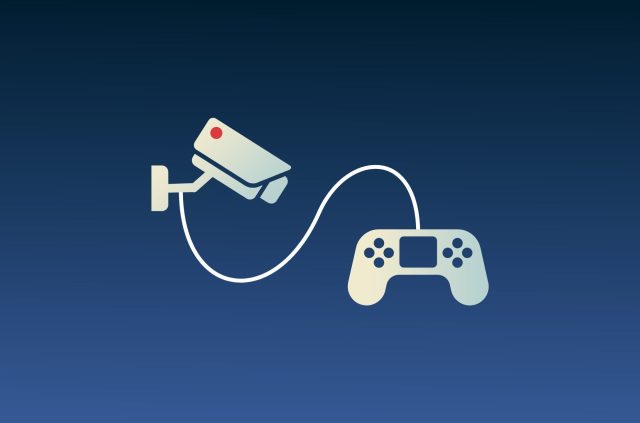ExpressVPN 블로그
개인 정보 보호 관련 소식, 보안 가이드, VPN 기술 최신 정보를 얻을 수 있는 곳

최신 게시물
-

파일 암호화 및 백업 방법
누구나 일생 동안 사진, 문서, 메시지 등을 포함하여 수많은 데이터를 축적합니다. 이러한 데이터들은 대개 여러 기기, 앱, 계정에 분산되어 있습니다. ...
-

DNS의 정의와 작동원리는? 도메인 이름 시스템 간단히 설명하기
도메인 이름 시스템 (Domain Name System)을 의미하는 DNS는 인터넷의 전화번호부 역할을 합니다. 전화번호 대신 컴퓨터들은 192.168.1.1과 같은 IP 주소라는 숫�...
-

데이팅 앱 사기: 11가지 경고 징후와 이들에게 속지 않는 방법
온라인 데이팅은 새로운 사람을 만나는 좋은 방법이 될 수 있지만, 사기꾼들에게는 매우 인기 있는 스캠 도구이기도 합니다. 완벽해 보이는 수많은 프�...
추천
모두 보기추천 영상
-

프라이버시 및 해킹에 관한 비디오 게임 10가지
https://www.youtube.com/watch?v=7uOfHGT5p4w 개인 정보 보호에 관심이 있는 온라인 게임 팬이라면 아래에서 해킹, 사이버 보안, 감시와 관련된 비디오 게임을...







